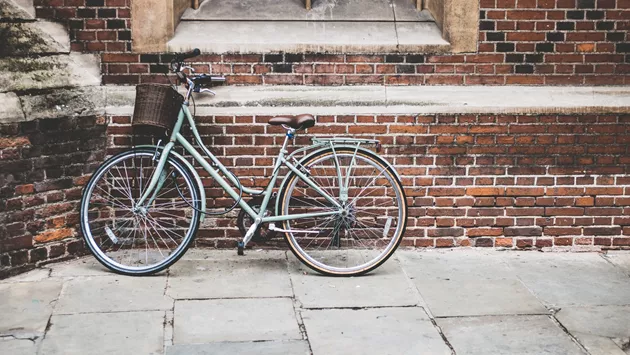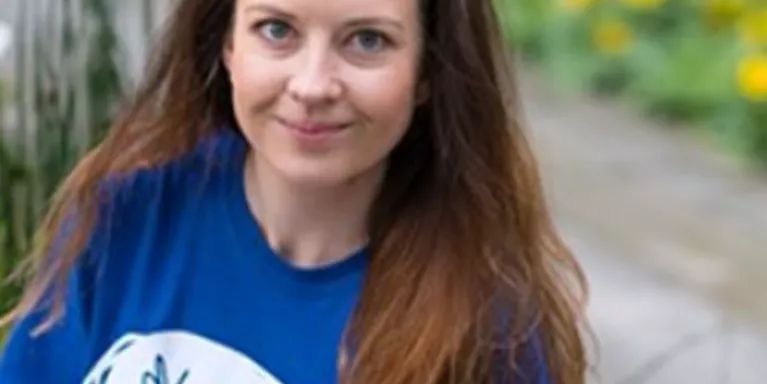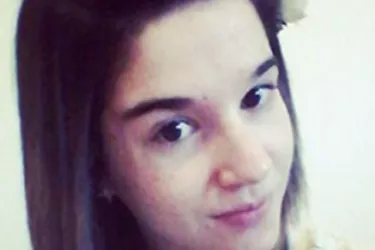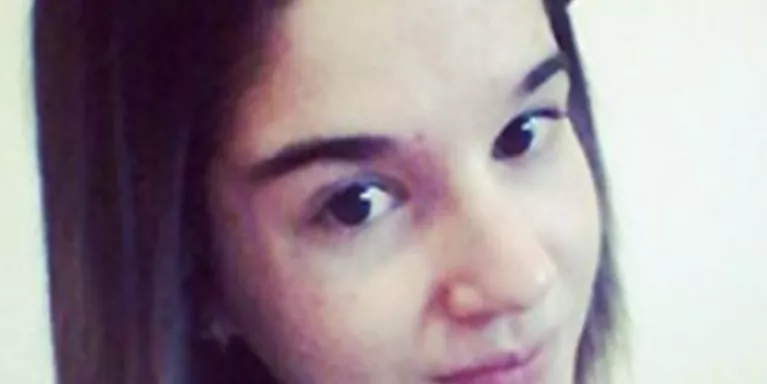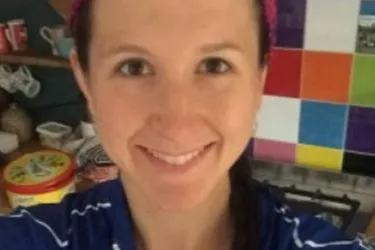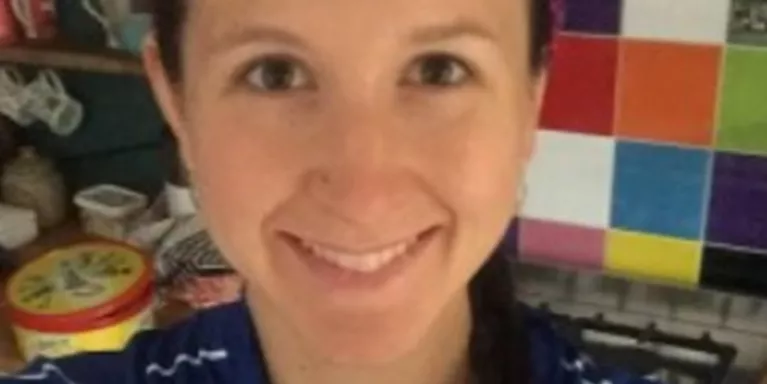Are we mad? That's debatable
Ilona is doing the Mind 3000s trek - 50km over 3,000ft peaks in just 24 hours. What on earth made her decide to take on this gruelling challenge?
It's May! That means it's my birthday, but I'm not that bothered this year because what's more important than me growing a few more grey hairs is that it's Mental Health Awareness Week and two teams of intrepid trekkers are taking on the #Mind3000s challenge in a bid to raise £60,000 for Mind and better mental health.
It's Team England vs Team Wales and I'm in Cumbria tackling the Lakes 3000s challenge... that's one big long trek up and down Scafell – 3,164ft, Scafell Pike – 3,208ft, Helvellyn – 3,117ft and Skiddaw – 3,054ft. All in all about 50km in just 24 hours.
Are we superheros? No.
Are we man mountains? No.
Are we mad? Well, that's debatable...
Whether you choose to call it mental illness, madness, disability, disease or hell on earth, we are all in some way affected by mental health; we all have it and, like physical health, we often have no control over it – it can bite any of us at any one time. All of us Mind3000ers have our own reasons for putting ourselves through this gruelling challenge, but one thing that Team England and Team Wales have in common (apart from a healthy amount of friendly rivalry), is that we are all massive supporters of Mind and want to raise as much money and awareness as we possibly can.
It's kind of a miracle that I can do this. Sounds a bit 'out there' but it's true. For about half my life I lived with anorexia, bulimia and depression and there were points at which I really didn't care if any or all of them killed me. I took huge risks, knowing all the possible consequences, knowing that death was a possibility. I pushed myself to the edge and teetered there, not caring whether or not I went over it.
I isolated myself and made it impossible for those who loved me to look after me. I was hospitalised twice but couldn't understand why I deserved to be helped. I was so lost in mental illness that I lost my reason, my way, myself.
I've been told that my expression disappeared, that I appeared zombie-like. Now I've seen The Walking Dead, I can kind of see why people were concerned, but I'm pretty sure I didn't look THAT bad. Seriously though, I hated concern; I didn't want people to care. I hated myself and so I destroyed myself and then loved ones would worry and cry and then I'd hate myself more and so it went on... It was not a fun time and I doubt I'd be here, doing what I'm doing and being who I am without an awful lot of help, time, patience and love from a lot of amazing people.
I'm not 'cured', I still have brain-wobbles and mind-wrongs but I'm a hell of a long way from spending three hours a day in a swimming pool, crying over a cherry tomato or kicking off with a dietician over the surface area of a bagel (really, that happened).
I sometimes have days or weeks where I feel swamped in sadness for absolutely no reason whatsoever, but I have learnt that when I look after my body and really nourish it properly, it can do really amazing things. What was once grey, tired and lifeless is now full of colour; this body might not be voluptuous or curvy, but it can run marathons and (hopefully) climb loads of mountains!
What I really hate though, is that there are thousands of people going through mental health problems who either don't have love and support around them, or don't feel able to open up and talk or ask for help. Nobody should be alone with a mental illness. That silence is scary and I want to do everything that I can to make it so that everyone has someone there for them, whenever they need it.
That's why I'm supporting Mind – because their vision is to not give up until everyone experiencing a mental health problem gets both support and respect. I think that's a pretty decent vision to have, but we need your help!
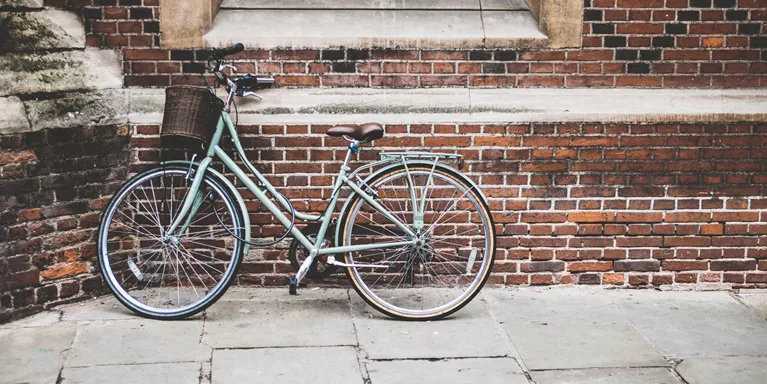
Get involved
There are lots of different ways that you can support us. We're a charity and we couldn't continue our work without your help.
Share your story with others
Blogs and stories can show that people with mental health problems are cared about, understood and listened to. We can use it to challenge the status quo and change attitudes.









